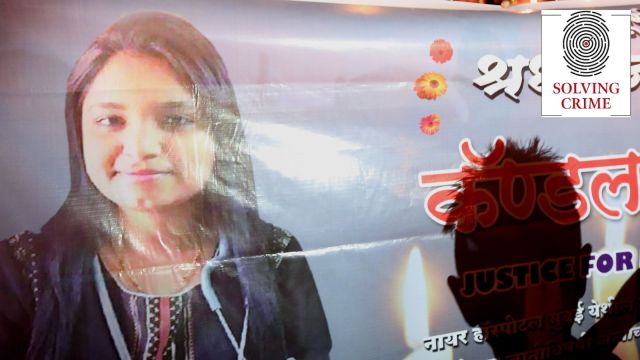Suicide of Dr Payal Tadvi: Gynaecology unit head did not act on complaints of ragging, says court
The court in its order has said that Ching be summoned and be added to the accused along with doctors Bhakti Mehare, Ankita Khandelwal and Hema Ahuja.
 The court said that an opportunity needs to be given to the prosecution to substantiate the serious allegations. (Express file photo)
The court said that an opportunity needs to be given to the prosecution to substantiate the serious allegations. (Express file photo)In its detailed order directing that the then gynaecology unit head of a civic hospital be made an accused in the abetment of suicide of Dr Payal Tadvi in 2019, the special court has said that Dr Yi Ching Ling had not acted on complaints of ragging.
The court on February 28 had directed that Ching, the then gynaecology department unit head at the TN Topiwala National Medical College and BYL Nair Hospital, where Tadvi was studying in 2019, be made an accused in the case along with three seniors of Tadvi, whom she had named in a suicide letter.
“The proposed accused (Ching) did not give any strict warnings understanding to the trio accused. As she was head of unit and upon receiving complaints with her, she had not taken cognizance of any complaints, due to which the proposed accused also comes under the purview of abetter, instigator, involved in instigating abetting to the victim to take serious steps…The report of Anti Ragging committee is itself clarifying about the involvement, participation and the attribution of role of proposed accused (who) by overlooking omitted her duty,” the special judge said in the order.
The court in its order has said that Ching be summoned and be added to the accused along with doctors Bhakti Mehare, Ankita Khandelwal and Hema Ahuja. The court’s order came on an application filed by special public prosecutor Pradip Gharat, who has since been removed as the prosecutor in the case.
In February, Gharat moved an application to add Ching as accused, claiming that she had overlooked the harassment and ragging complaint made by Tadvi, including on the basis of her caste, as she belonged to the Tadvi Bhil community, a Scheduled Tribe.
Gharat had submitted that as unit head, Ching was solely responsible for taking care of Tadvi and avail necessary protection to her and other trainee medical officers. He submitted that records show that Tadvi has personally from time to time informed her about the harassment by her seniors and so had her mother Abeda and husband Salman. Gharat submitted that as she did not take action, the incidents of harassment increased, calling it an ‘act of omission’.
The court said that an opportunity needs to be given to the prosecution to substantiate the serious allegations. Before the State Human Rights Commission, Ching and another head, had submitted that Tadvi had never come to them with a complaint that the harassment was ‘casteist’ in nature.












